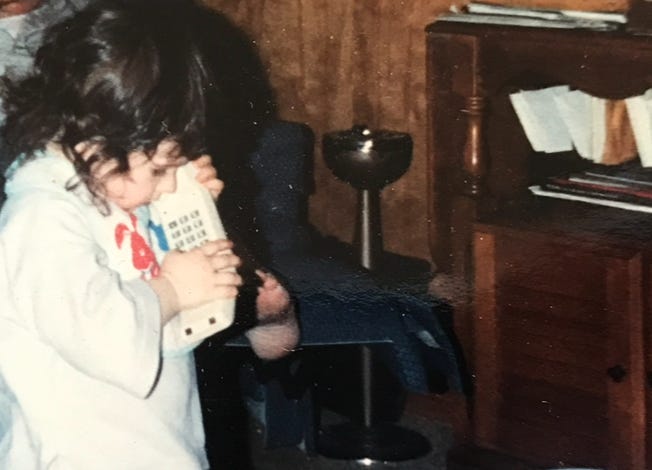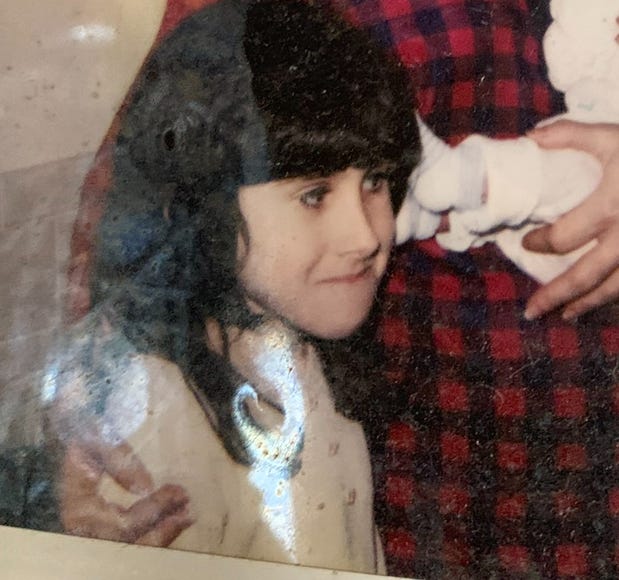Autism and "Social Difficulties" - How Sensory and Motor Control Differences Can Make Socializing Difficult for Me as an Autistic Person
My body's check engine light had been on for miles, but I'd kept driving because that's what I knew to do to survive.
It is sometimes said that being Autistic can cause a person to experience significant social, communication, and "behavioral" challenges. However, when we take a behavioral approach to Autism, separating Autistic People's needs from our behavior, those underlying needs are ignored and are more likely to go unmet.
If we consider human behavior to be communication, the desire to extinguish that behavior is a desire to stop human communication (asking the person to ignore their needs because the method of expression is not "socially acceptable").
I've heard the argument that "not all behavior is communication" regarding some sorts of stims, twitches, seizures, and involuntary movements. However, as someone who occasionally experiences these types of events, they communicate something significant to me.
For example, I become more twitchy and have less control over my body, speech, and other movements when I am tired, in pain, or stressed.
If I feel a lot of extra energy (from joy, fear, anger, unease, or pain), I may stim more wildly, with less awareness and control. I may even injure myself, depending on how unaware and disconnected from my body I become.
I'm currently several years seizure-free (since 2019) because I listened to what my body was trying to communicate to me when my seizures started increasing in frequency (that I needed to slow down, drink less alcohol, cut the energy drinks, have less stress in my life, change my eating habits, avoid my sensory triggers, and sleep more).
My body tries to communicate with me (sometimes in drastic ways) because I learned to tune it out.
I got so good at tuning out my discomfort and pushing myself to (and past) my breaking point that my body had to find a way to put the breaks on me, forcing me to stop (because I wasn't listening and picking up on the subtle cues my body was leaving me).
My body's check engine light had been on for miles, but I'd kept driving because that's what I knew to do to survive.
Because my Autism wasn't diagnosed when I was growing up, despite differences that were obvious to my peers and teachers, the differences that were noticed were treated behaviorally.
I became a stone, thrown into a rock tumbler to soften my jagged edges, by teachers who were told they needed all their students to conform to the same "shape."
As a young child, I did not know how to communicate my needs, and when I did, people often would tell me I didn't need what I said I needed and instead would decide, for me, what they thought I needed (based on their own needs and experiences instead of mine).

Not understanding my own mind (or how the minds of others differed from mine) created a significant communication barrier, preventing me from standing up for myself when people tried to shut me down. This is just one (of many) things that made socialization difficult for me as an Autistic Person.
When non-autistic people talk about Autism and the difficulties with social situations, they often fail to mention WHY socializing can be so difficult for many of us. There are many things that make socializing difficult for me as an Autistic Person.
Today, I want to focus on the sensory and motor aspects of communication because they are so important to many of us. In the future, I would like to explore some other obstacles that I personally experience (which can make communication difficult for me).
Sensory & Motor Obstacles
Sensory obstacles are one of the biggest hindrances to my ability to communicate and socialize with others. There are a few reasons for this.
One way sensory things create an obstacle for me is that most social events are sensory nightmares by design.
Put a bunch of people in one indoor space, and it is almost always going to be more than my brain can handle (or if I survive it, I will then be exhausted and hung over - without touching alcohol).
If I turn down an invitation, people often take it personally, thinking I don't want to spend time with them.
In reality, I don't enjoy spending time in the same types of spaces other people find energizing (because those types of spaces drain me).
#ActuallyAutistic #AskingAutistics - do sensory and/or motor differences make socializing more difficult for you?
Paid subscribers have access to the rest of the story. Thanks to every one of you for supporting my work.
Half-Priced Low-Income Subscription Available
If you are in need of a discount, please use the link below to get your subscription at a deep discount (because I don't want money to be an obstacle to people):
https://neurodivergentrebel.substack.com/LowIncomeDiscount
For readers experiencing financial hardship, please note that this offer is exclusively for you. This discount is offered on the “honors system” - I am not going to ask anyone for proof.
Please, kindly refrain from taking this offer if you do not need it.
I hope this helps,
- Lyric
Keep reading with a 7-day free trial
Subscribe to NeuroDivergent Rebel’s Substack to keep reading this post and get 7 days of free access to the full post archives.





